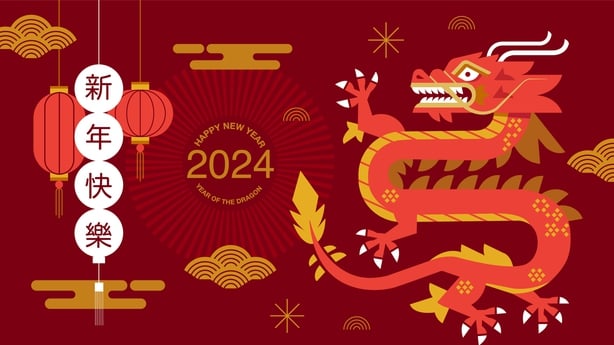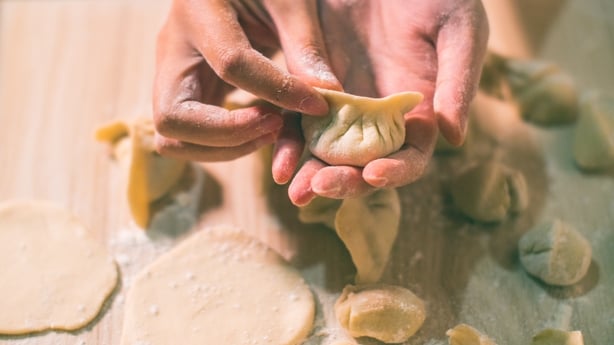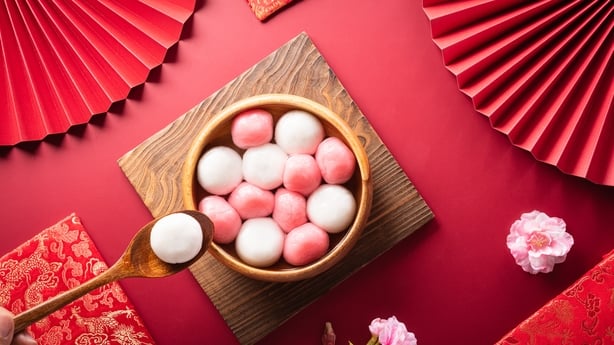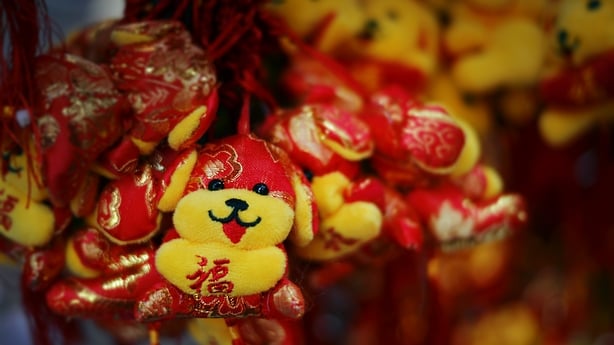Heralding the start of the Year of the Dragon, Chinese New Year falls on Saturday, 10 February, and is considered a major festival across the Sinosphere, including mainland China, Taiwan, Hong Kong, Macau, Singapore, Vietnam, and Korea.
The Lunar New Year, also referred to as the Spring Festival or Chinese New Year, is celebrated according to the lunisolar calendar, generally falling between 21 January and 20 February.
Chinese zodiacs are represented by a range of animals that repeat in a cycle of 12 years. Zodiac animals each hold their own reputed attributes, these include the Rat, Ox, Tiger, Rabbit, Dragon, Snake, Horse, Goat, Monkey, Rooster, Dog, and Pig.

According to Jun Ni, "Chinese people believe the year a person is born determines their personality traits, career, marriage, compatibility, and fortune."
Those born in the year of the Dragon are thought to be confident, energetic, intelligent, strong, but may also be arrogant, aggressive, and impatient.
It is important to note, however, that the characteristics and personality traits associated with the Chinese zodiac signs are just generalisations.

Festive food
One of the greatest joys of celebrating Chinese New Year, is all the incredible food on offer to be enjoyed. From dumplings and noodles to Nian gao, also known as 'rice cake' or 'New Year cake'.
The Lunar New Year spread is meant to reflect the abundance you've enjoyed throughout the year, and hope to carry through to the new year.
That means a varied selection, with whole fish and chickens often served to denote unity. Dumplings are essential, the little filled parcels representing gold ingots. Spring rolls are also said to symbolise gold bars, while long noodles equate to long life.

TikToker Tian Xu told RTÉ Lifestyle, that the main dish he associates with the holiday is dumplings, which are commonly eaten at times of celebration thanks to their symbolic shape.
"Typically, especially in northern China, people would definitely have dumplings. Dumplings have a very good meaning behind them because they're shaped like ancient Chinese silver and gold money, so eating dumplings means that you're taking in wealth and fortune."
Another dish associated with the celebration is tangyuan, a type of dessert than can be served in a hot broth or syrup.
"For the southern part of China, where I'm from, we have tangyuan. It's kind of like a glutenous, rice-shaped ball filled with sesame paste and served in broth or syrup. In Chinese, tangyuan can be a homophone for union, which means togetherness and completeness. It's usually eaten at Chinese new year or any other family event like a reunion or wedding."

Taboos to avoid
According to Associate Professor Xiaohuan Zhao, from the Chinese Studies in the School of Languages and Cultures in Australia, the Year of the Dragon is associated with various taboos that differ across locations and periods in the Sinic world.
- The characters that are used to spell gou 狗 (dog) or quan 犬/ 犭 (dog) should be avoided when naming a baby born in the Year of the Dragon.
- Avoid placing the bed in the northwest corner when arranging furniture in your room, as the northwest is believed to be associated with the zodiac animal of Dog.
- Avoid wearing any jewellery that is shaped like a dog
- Avoid getting a new puppy
- Avoid collaborating with or marrying people who were born in the Year of the Dog
- Avoid collaborating with or marrying people who were born in the Year of the Tiger, because a competitive conflict can easily arise between the Dragon and the Tiger.

Symbols to embrace
On the other hand, Associate Professor Zhao says that there are auspicious practices for 2024 such as wearing yellow and decorating with blue.
"In Chinese astrology, every zodiac sign is associated with a lucky colour that can impact an individual's prosperity and fortune. For those born in the Year of the Dragon in 2024, the auspicious colour is gold, which signifies success, wealth and honour."
Additionally, blue is thought to be an auspicious colour because of its association with water, which represents youth, freshness, vitality and wisdom.
"Dragon individuals can choose to wear blue clothes and accessories or use blue decorations in their homes to enhance their personal aura and auspicious luck in 2024."
To find out how you can celebrate the Lunar New Year in Dublin, visit www.dublinlunarnewyear.ie

